Top Class Actions’s website and social media posts use affiliate links. If you make a purchase using such links, we may receive a commission, but it will not result in any additional charges to you. Please review our Affiliate Link Disclosure for more information.
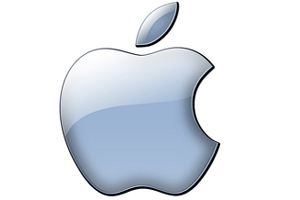
Plaintiffs Zack Ward and Thomas Buchar allege in the Apple class action lawsuit that this constitutes a “conspiracy to monopolize” under Section 2 of the Sherman Act. They allege prior to launching the iPhone in June 2007, Apple entered into a secret five-year contract with AT&T Mobility that established AT&T as the exclusive provider of cell phone voice and data services for iPhone customers through 2012.
AT&T is not named as a Defendant.
According to the Apple iPhone class action lawsuit, the alleged exclusive contracts allowed Apple to share in AT&T’s revenues and profits for the iPhone 2G, the first generation of iPhones launched. Consumers who purchased these iPhones did not agree to use AT&T for five years, but Apple’s undisclosed five-year Exclusivity Agreement with AT&T effectively locked iPhone users into using AT&T for this long, without their knowledge.
Ward and Buchar say Apple enforced this Exclusive Agreement by, among other things, programming and installing software locks on the iPhone that prevented the purchaser from switching to another competing carrier.
This violates the Digital Millennium Copyright Act of 1998, the Plaintiffs allege, which gives cell phone consumers the legal right to modify their phones to use the network or carrier of choice. Apple prevented iPhone customers from exercising that legal right by locking the iPhones and refusing to give customers the software codes needed to unlock them, the class action lawsuit says.
Through these actions, Apple has unlawfully stifled competition, reduced output and consumer choice, and artificially increased prices in the aftermarkets for iPhone voice and data services, the class action lawsuit says.
The Apple iPhone monopoly class action lawsuit is seeking to represent a proposed class of all consumers who purchased an iPhone from Apple or AT&T Mobility, LLC and then purchased wireless voice and data services for the iPhone from October 19, 2008 through February 3, 2011.
It is seeking treble damages and an order enjoining Apple from selling locked iPhones that can only be used with AT&T SIM cards unless such information is disclosed to the consumer prior to sale. It is also asking that Apple provide the unlock code upon request to all Class Members.
A copy of the Apple iPhone Monopoly Class Action Lawsuit can be read here.
The case is Zack Ward, et al. v. Apple, Inc., Case No. 12-cv-5404 JCS, U.S. District Court, Northern District of California, San Francisco.
The Plaintiffs are represented by the law firm Wolf Haldenstein Adler Freeman & Herz LLP.
UPDATE: On Feb. 2, 2016, Apple Inc. asked the court for summary judgment of the class action lawsuit alleging that Apple violated antitrust laws with its original agreement to exclusively allow iPhones only on AT&T’s cellular network.
UPDATE 2: On Feb. 16, 2016, the plaintiffs pushed back against Apple’s motion to end the antitrust class action lawsuit, arguing that Apple’s exclusive deal with AT&T to provide iPhone network services created a type of “aftermarket monopoly” previously declared illegal by U.S. courts.
UPDATE 3: On Mar. 24, 2016, Apple tried again to end a proposed class action by arguing in a hearing that the sale of the phones and the sale of the service plans for the phones were conducted as part of a single transaction by consumers, so no aftermarket existed.
UPDATE 4: On Nov. 25, 2016, Apple urged a judge to reject a “meritless and tardy” brief filed by plaintiffs in a class action lawsuit accusing the tech giant of engaging in an antitrust conspiracy with AT&T Mobility to prevent iPhone owners from switching to a different wireless carrier.
UPDATE 5: On March 22, 2017, a federal judge ruled that this Apple antitrust class action lawsuit will continue after one narrow legal theory just managed to slip past the defendant’s motion for summary judgment.
UPDATE 6: On Feb. 16, 2018, a California federal judge denied certification to a class action lawsuit alleging an exclusivity agreement between Apple and AT&T locked iPhone users into using AT&T’s voice and data service even after their agreements with the wireless provider expired or were otherwise terminated.
ATTORNEY ADVERTISING
Top Class Actions is a Proud Member of the American Bar Association
LEGAL INFORMATION IS NOT LEGAL ADVICE
Top Class Actions Legal Statement
©2008 – 2024 Top Class Actions® LLC
Various Trademarks held by their respective owners
This website is not intended for viewing or usage by European Union citizens.




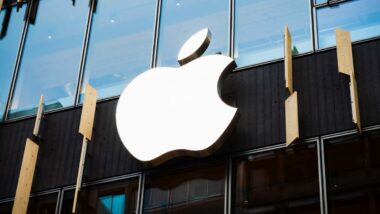
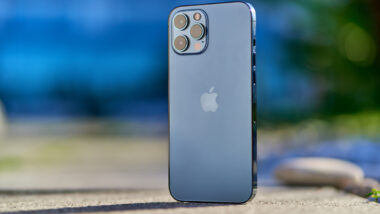
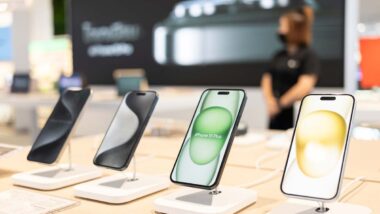
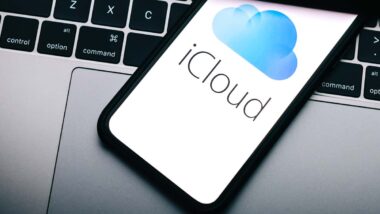
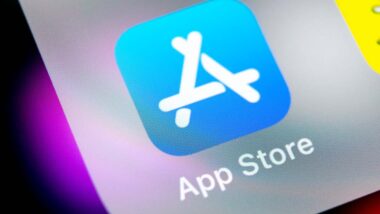
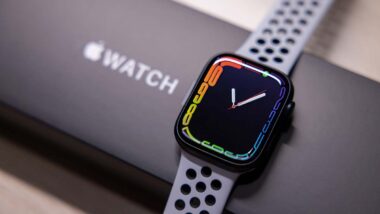

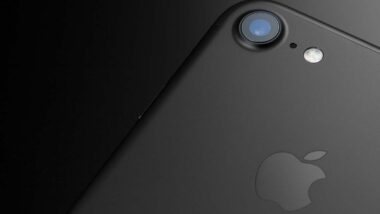
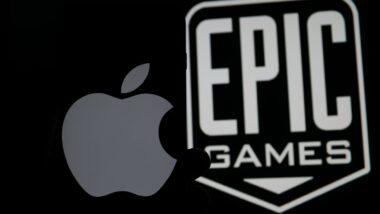
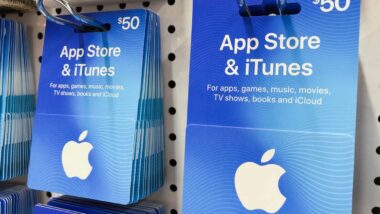

7 thoughts onApple iPhone Monopoly Class Action Lawsuit
UPDATE 5: On March 22, 2017, a federal judge ruled that this Apple antitrust class action lawsuit will continue after one narrow legal theory just managed to slip past the defendant’s motion for summary judgment.
I have been dealing with both companies for months they lie they waist your time and give you the run around until your insurance runs out. How can I get involved with this suit?
UPDATE 4: On Nov. 25, 2016, Apple urged a judge to reject a “meritless and tardy” brief filed by plaintiffs in a class action lawsuit accusing the tech giant of engaging in an antitrust conspiracy with AT&T Mobility to prevent iPhone owners from switching to a different wireless carrier.
UPDATE 3: On Mar. 24, 2016, Apple tried again to end a proposed class action by arguing in a hearing that the sale of the phones and the sale of the service plans for the phones were conducted as part of a single transaction by consumers, so no aftermarket existed.
UPDATE 2: On Feb. 16, 2016, the plaintiffs pushed back against Apple’s motion to end the antitrust class action lawsuit, arguing that Apple’s exclusive deal with AT&T to provide iPhone network services created a type of “aftermarket monopoly” previously declared illegal by U.S. courts.
UPDATE: On Feb. 2, 2016, Apple Inc. asked the court for summary judgment of the class action lawsuit alleging that Apple violated antitrust laws with its original agreement to exclusively allow iPhones only on AT&T’s cellular network.
I bought an IPAD directly from Apple and was signed up for AT&T. I this part of the suit as well